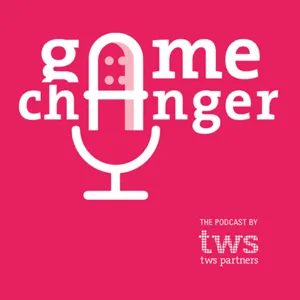How clever fishermen outsmarted a uniform price auction | with Alex Teytelboym

In this episode Alexander Teytelboym walks us through the intricacies of uniform-price auctions. While often praised for their theoretical properties, putting them into practice successfully can turn out to be quite the challenge. Alex shares with us what can be learned about auction design from observing uniform-price auctions in the fishing industry and how game theory can explain fishermen’s bids that resemble "crank handles". This research by Alex is based on joint work with Sanna Laksa and Daniel Marszalec.
Alex Teytelboym is associate professor at the Department of Economics at the University of Oxford. His research interests are in the areas of market design and the economics of networks including their applications to environmental economics and energy markets, among others.